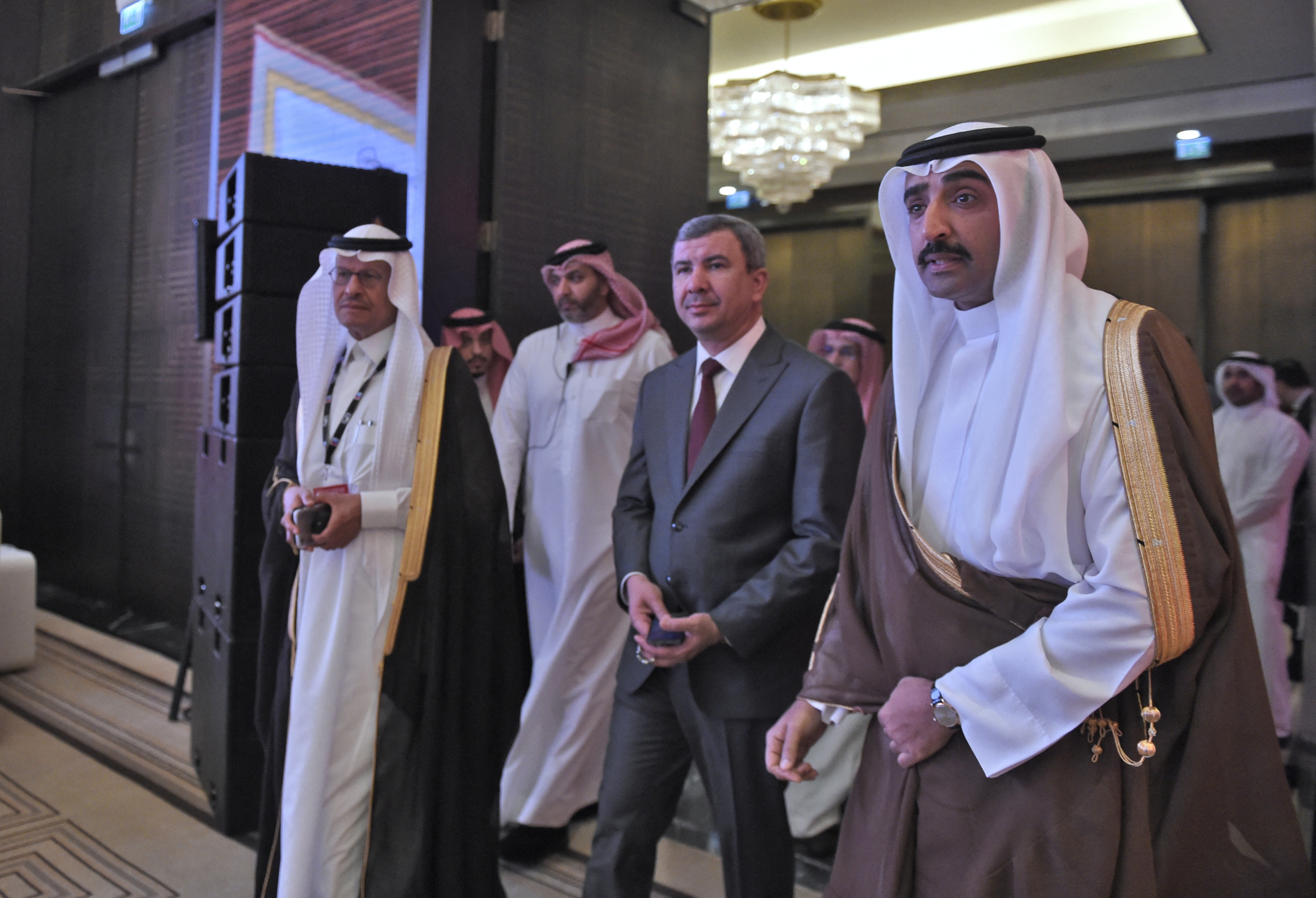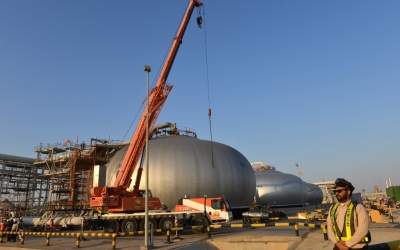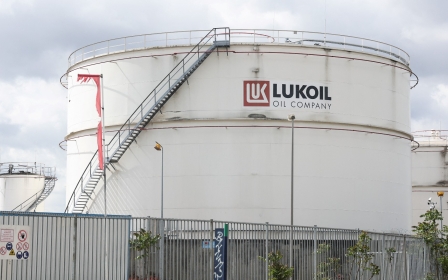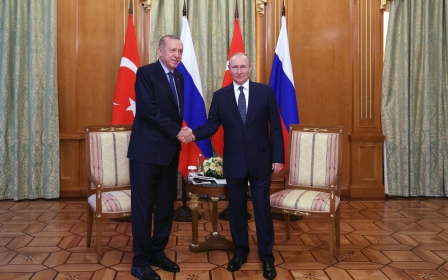OPEC+ agrees oil output cut to boost prices

The OPEC+ oil cartel agreed Monday to a small production cut for the first time in more than a year amid concerns that a slowing global economy could lead to further declines in oil prices.
The group, led by Saudi Arabia and Russia, said in a statement that it decided to reduce output by 100,000 barrels per day in October, in effect reversing a production increase announced last month.
The move is a rebuke from Saudi Arabia, the leading member of OPEC, to Washington’s call for its Middle Eastern ally to increase production at a time of rising inflation and western sanctions on Russia’s energy industry.
The decision comes less than two months after US President Joe Biden made a controversial trip to the oil-rich kingdom, cast in part as an effort to revive frayed ties with Riyadh and mitigate the effect of skyrocketing energy prices for US consumers.
Shortly after meeting with Saudi Arabia’s de facto ruler, Crown Prince Mohammed Bin Salman, Biden said he expected the kingdom to take “further steps” to increase the supply of oil in the “coming weeks”.
New MEE newsletter: Jerusalem Dispatch
Sign up to get the latest insights and analysis on Israel-Palestine, alongside Turkey Unpacked and other MEE newsletters
The White House said Biden was committed to shoring up energy supplies and lowering prices after the OPEC+ announcement.
“The president has been clear that energy supply should meet demand to support economic growth and lower prices for American consumers and consumers around the world,” White House press secretary Karine Jean-Pierre said in a statement.
Managing the market
OPEC+ had agreed to huge cuts in output in 2020 when the Covid pandemic sent oil prices crashing, but it began to increase production modestly again last year as the market improved.
Oil prices soared to almost $140 a barrel in March after Russia invaded Ukraine.
However, over the last three months prices have fallen 25 percent amid fears of a global economic slowdown and new pandemic restrictions in China. Talks aimed at reviving the Iran nuclear deal have also raised hopes that more crude could enter the market, further pushing down prices.
Following Monday's move, Opec+ left the door open to holding talks prior to its next scheduled meeting on 5 October "to address market developments, if necessary".
Members of the bloc have trusted their chairman, Saudi Energy Minister Prince Abdulaziz bin Salman, half-brother of Crown Prince Mohammad Bin Salman, to intervene whenever necessary to stabilise crude markets by calling for a meeting at any time, if necessary, a Gulf source with knowledge of the matter told Reuters.
While analysts said the cut was mostly symbolic, oil prices rose by more than three percent following the announcement, with the international benchmark, Brent, exceeding $96 per barrel while the US contract, WTI, reached almost $90.
Besides asking Gulf states to boost production, western countries have tried to cap rising prices by unleashing crude from emergency stockpiles. However, industry investment and new drilling have lagged behind demand.
Saudi Arabia signalled in recent weeks that it would act to cut production amid volatility in the oil market. Last month in an interview with Bloomberg, Energy Minister Abdulaziz bin Salman warned that a disconnect had emerged between oil prices and the physical market.
He said that "volatility and thin liquidity send erroneous signals to markets at times when clarity is most needed”.
Middle East Eye delivers independent and unrivalled coverage and analysis of the Middle East, North Africa and beyond. To learn more about republishing this content and the associated fees, please fill out this form. More about MEE can be found here.





